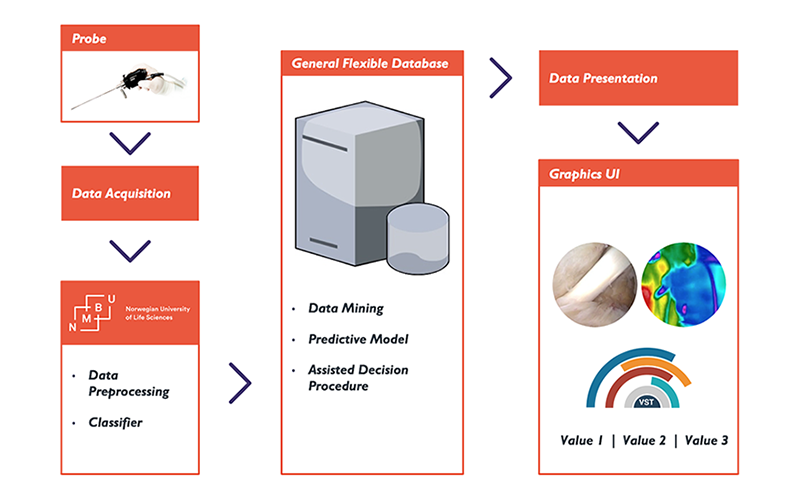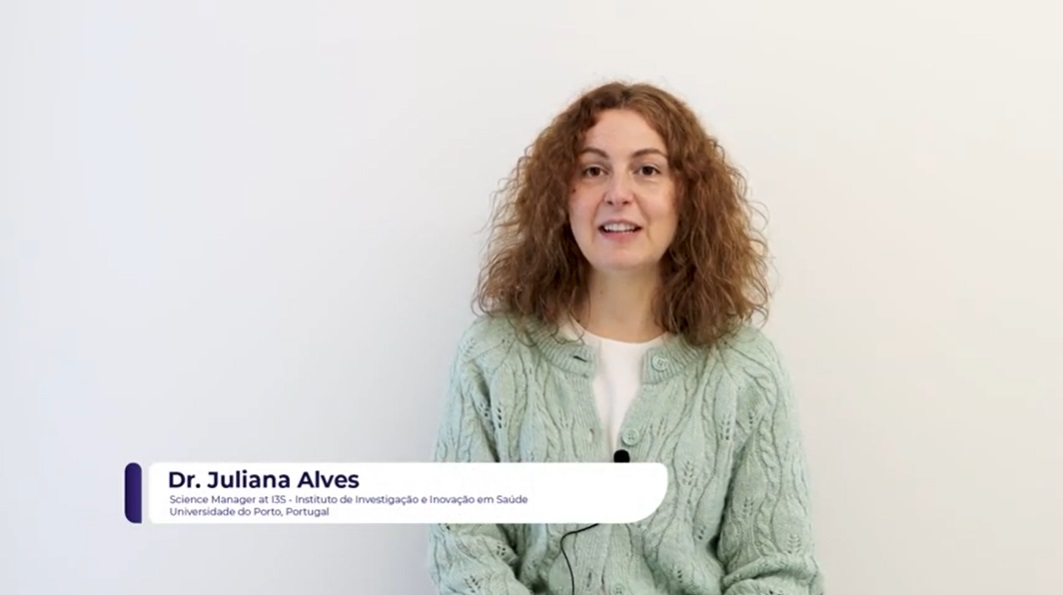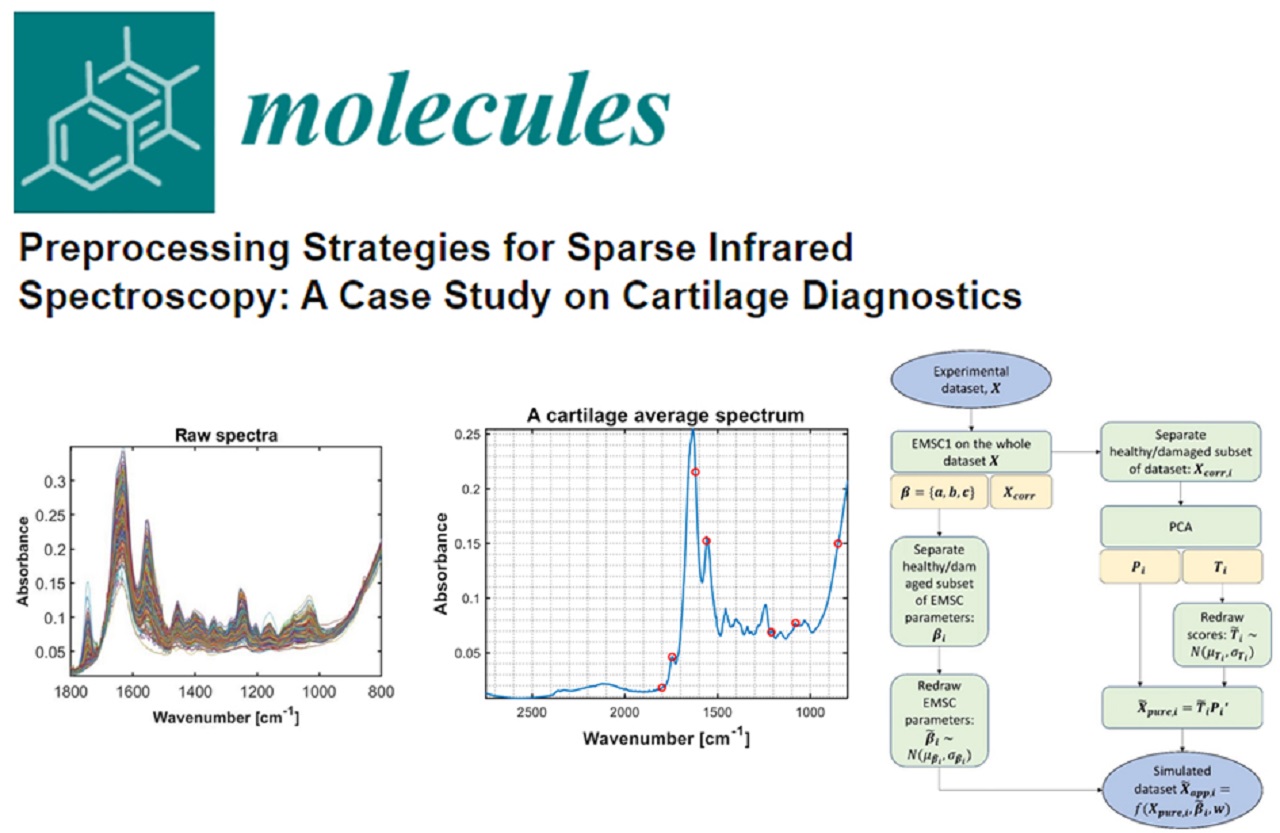Artificial Intelligence (AI) and data modelling are becoming part of our everyday life bringing comfort and simplifying our decisions. How can the same principles be applied to biomedical devices not only to speed-up the decision making process, but also to increase accuracy and produce a better diagnosis? MIRACLE project will be a clear example of it.
Applying AI algorithms to biomedical devices allows it to approximate conclusions without the need of a human input. Algorithms and data models can recognise common patterns and perform predictions and measure, in some cases with extreme precision, biometric parameters, providing a more detailed dataset to support doctors in their decisions and in formulating diagnosis.
As part of the MIRACLE project, IRIS’s SMAC department will develop a decision support tool to help doctors in the diagnosis of joint disease by performing an early detection of common joint pathologies.
The data acquired by the biomedical device are processed by a specific data model developed by the Norwegian University of Life Science and stored in a real-time access database. Data fusion and data mining techniques are applied to enhance the effectiveness of the model.

A simplified overview of the IRIS software to provide a decision support tool
The model will extract specific parameters that, once processed, will provide the doctor a detailed dataset and new information to perform a better diagnosis. It will also allow to identify a relation between prevention methods and the patient’s response with the objective of developing tailored treatment protocols. The flexibility and modularity of the software will allow to transfer the data processed in a cloud platform where the data and the process outcome will be analysed for refinement of the algorithms and the models.


